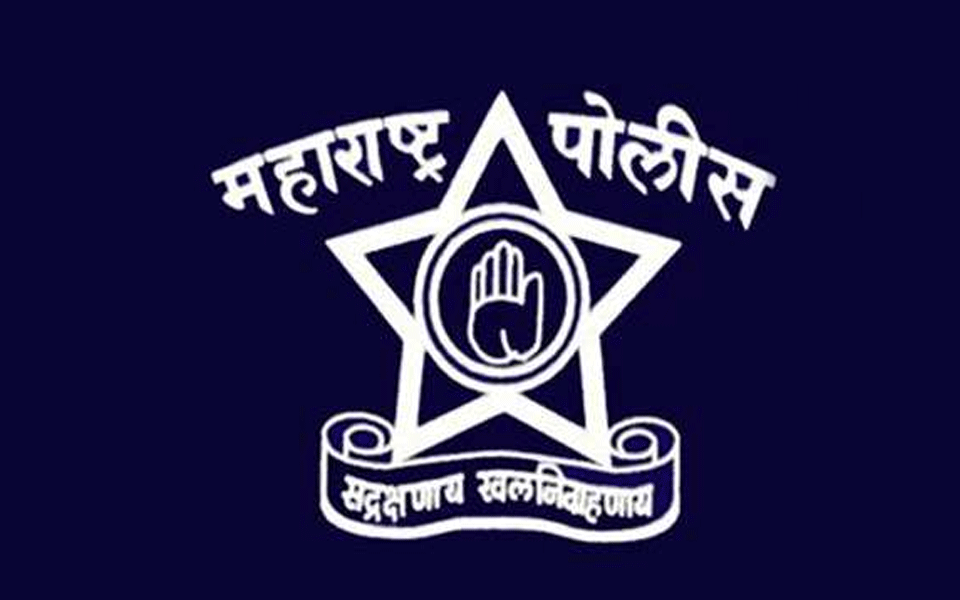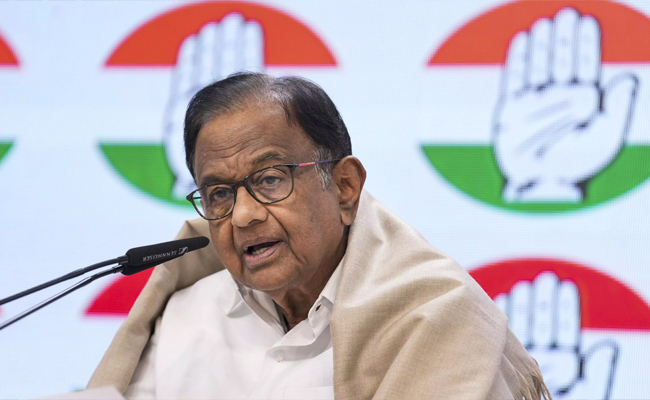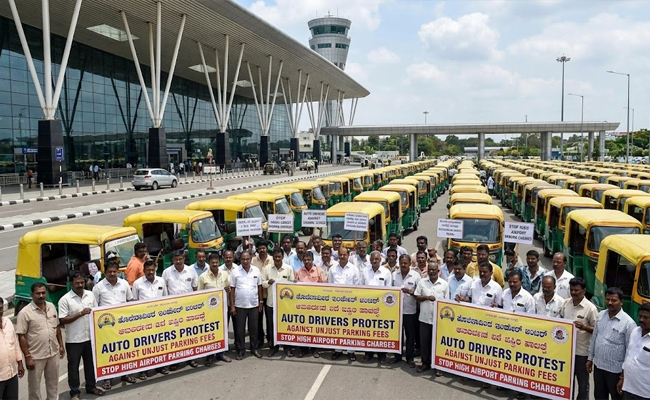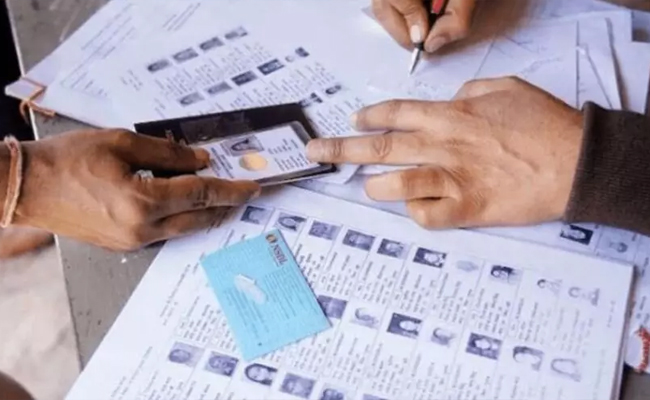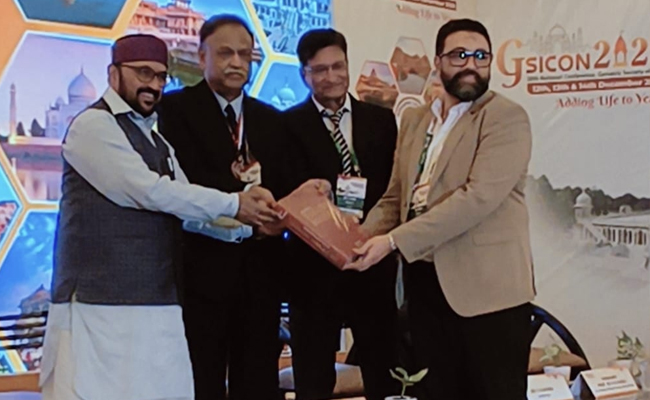New Delhi, Sep 5 : The Maharashtra Police on Wednesday told the Supreme Court that five rights activists, who have been kept under house arrest, belong to banned terrorist outfit Communist Party of India (Maoist) and are engaged in planning and execution of large-scale violence, having the potential of destabilizing the society.
The police has sought to dispel the perception that five rights activists were arrested for expressing any dissenting views or holding differing political and ideological positions.
Seeking the vacation of the August 29 order by which five activists were put under house arrest and seeking their custodial interrogation, the state police urged the court to permit it to take them in its (police) custody and interrogate them in accordance with the law.
Police have contended that the house arrest merely restricts the physical movement of the accused but he can always ensure not only destruction of evidence elsewhere, but can alert other potential accused while sitting in his home.
Referring to the "incriminating" material it had collected in the course of its investigation, the police in its affidavit filed on Wednesday said that five accused were also "clearly found to be a part of the criminal conspiracy and their role was not merely peripheral but they were found to be playing a very vital role in the criminal offences committed and/or planned by others".
Asserting that the material it has found from the "computers/laptops/pen drives/memory cards" belonging to the five accused was "shocking" as it clearly implicated them not only as active members of CPI (Maoist) but pointed to a "sinister design" of having committed and in the process of committing criminal offences having the "potential of destabilizing the society".
"The contents also clearly reflect the preparation, planning and coordination not only amongst the aforesaid persons but with others (subsequently arrested) to carry out violence, planned ambush/rebellion against the "enemy" (which is our country and its security forces)", the state police said in its affidavit.
The police have said this in response to the notice issued by the top court after it had on August 29 ordered that they be kept under house arrest.
Alleging that serious criminal offences are made out and incriminating material has emerged against them in the course of the investigation since January 8, 2018, when the FIR was registered, the police said that the petition by historian Romila Thapar and others under Article 32 was not maintainable.
The police contended that it was only the accused persons who could initiate proceedings before the competent courts including the constitutional courts.
Addressing the concern of Justice D.Y. Chandrachud that the "dissent is a safety valve of democracy, if it is not allowed the pressure cooker will burst", the police in its affidavit said that five people were not arrested "based upon any dissenting views expressed by them or difference in their political or other ideologies".
Asserting that the state government is committed to the protection of fundamental rights of every citizen, the affidavit says, "A mere dissenting view, difference in ideology or vehement objections to the political thinking cannot be prohibited and should always be welcomed in any democratic country."
It said that if a citizen vociferously and vehemently expresses his dissent with the programmes, policies and working of the government, that "cannot be and should not be a ground to curtail personal liberty of such a person".
Describing dissent as a safety valve, the Supreme Court had on August 29 ordered that the five human rights activists arrested by the Pune Police should be kept under house arrest until the next date of hearing on September 6.
Justice Chandrachud noted that the arrests had taken place nine months after the activists were linked to the violence at Bhima-Koregaon in Maharashtra.
Those arrested on Tuesday included Varavara Rao in Hyderabad, Gautam Navlakha in Delhi, Sudha Bharadwaj in Haryana and Arun Ferreira and Vernon Gonzalves in Maharashtra.
Let the Truth be known. If you read VB and like VB, please be a VB Supporter and Help us deliver the Truth to one and all.
New Delhi (PTI): Congress leader P Chidambaram has slammed the "increasing practice" of the government using Hindi words in the titles of the bills and said the change is an "affront" to the non-Hindi-speaking people.
Chidambaram said the non-Hindi-speaking people cannot identify a Bill/Act with titles that are in Hindi words written in English letters, and they cannot pronounce them.
ALSO READ: EC publishes list of voters deleted from draft electoral rolls in Bengal under SIR 2026
"I am opposed to the increasing practice of the government using Hindi words written in English letters in the title of the Bills to be introduced in Parliament," the former Union minister said late Monday night.
Hitherto, the practice was to write the title of the Bill in English words in the English version and in Hindi words in the Hindi version of the Bill, Chidambaram said.
"When no one pointed out any difficulty in the 75 year practice, why should government make a change?" he said.
"This change is an affront to non-Hindi speaking people and to States that have an official language other than Hindi," the Congress leader said.
Successive governments have reiterated the promise that English will remain an Associate Official Language, Chidambaram said.
"I fear that promise is in danger of being broken," the Congress MP said.

